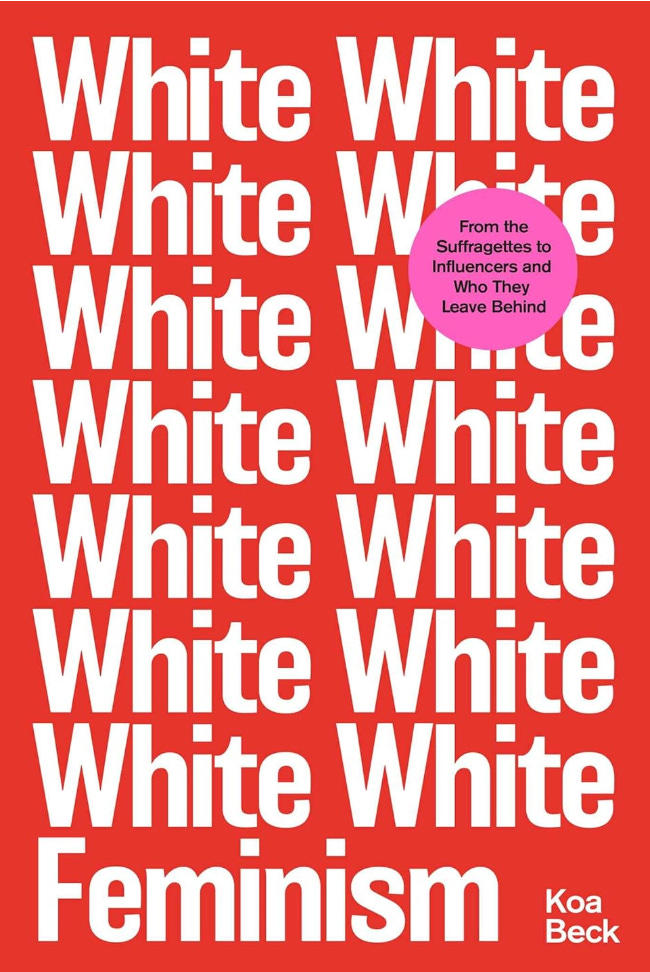Q: Isn't feminism a movement which only serves the interests of white middle-class women and those of the top of the career ladder?
A: As with the suffrage movement during the first wave of feminism, the Women's Liberation Movement is largely driven by grassroots activists, many of whom are lesbians, working-class and women of colour. Some sections of the media and many historical accounts of feminism often try to give another impression. This is about who gets access to published speech and which version of the story gets told.
Q: Second wave feminism is ‘white feminism’, meaning it is anti-sex work and anti-trans. How can these people call themselves feminists when they exclude these marginalised women?
A: Many of the women labelled ‘white feminists’ are themselves working-class and of colour. No feminist is against women in prostitution, and the accusation of transphobia is often used by men to discredit feminists.
Q: There is no such thing as feminism because there are as many ways to be feminist as there are women. Shouldn't we be talking about ‘feminisms’?
A: In order for there to be a plural there has to be a singular. Any woman is free to define feminism however she wishes, but her definition also has to be open to challenge. Every liberation movement has to have a common definition of its goals, even if it argues about the best strategies for achieving those goals. Feminism is about the liberation of all women.
Q: How can feminism represent all women when women of colour and impoverished women have nothing in common with white middle-class Western women?
A: Feminists have never claimed that all women are the same. We have argued that we have one fundamental thing in common, which is that we are all oppressed as a sex class by men as a sex class. Within that, there are significant and numerous differences.
Q: Disabled women have more in common with disabled men than they do with other women. Indigenous women have more in common with Indigenous men because they are fighting racism. Feminism will not make a difference to these women.
A: Feminism is for all women. Even middle-class, able-bodied white women need feminism, because they suffer sexism and misogyny as women. Those experiencing multiple oppression may also be involved in other liberation movements.
Q: Why should feminists fight on behalf of racist, posh women?
A: Feminism is a political movement on behalf of all women as a sex class, including those women we disagree with and those we don’t like. All women are vulnerable to rape, domestic violence, and sexual harassment on the street and in the workplace. Oppression doesn't make us nice people or there would be something to be said for it.
Q: But feminists exclude working-class and women of colour, so why should they/we be involved in it?
A: Feminism is a global movement with the majority of grassroots activists being women who have been through male violence, women who escaped forced marriage, FGM, religious tyranny, the sex trade and other forms of male social control. Quite simply, the idea that it is a white, middle-class movement is a myth designed to create unfounded divisions between women.







All this “white women” stuff simply implies that if women are white they experience no oppression. The idea that indigenous/black/poor/disabled women only experience their oppression because they are indigenous/black/poor/disabled again pretends that women don’t experience oppression because they have female bodies that are used and abused for sex and reproduction, their love of their children used to blackmail them into compliance of unpaid/slave labour, all underpinned by the use of violence and the threat of violence by individuals or the state.
Misogyny is the acceptable prejudice. And the “white women” thing exposes this. As Germaine Greer said, if women only knew how much men hate us. Maybe we dare not know.
Spot on, Julie- the idea that feminism belongs to any body or class other than sex, is offensive, false and just another weak ass tactic to divide feminists. Great post, thank you xx